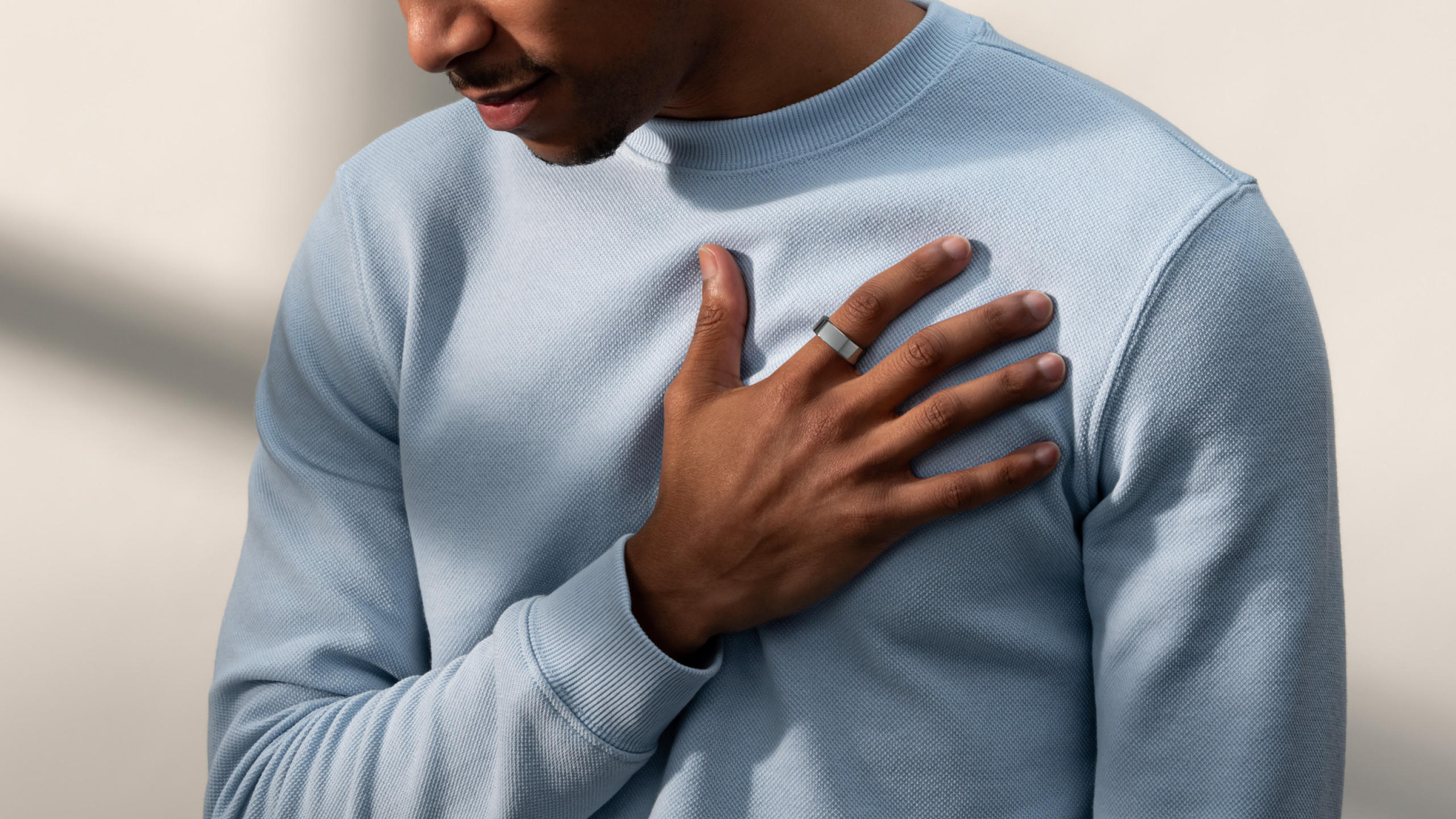Oura — a company selling a ring that tracks peoples’ biometrics — on Wednesday announced it will share its user-generated data with three additional providers of continuous glucose monitors (CGMs).
The new partners are January, Supersapiens and Veri. These companies will now be receiving sleep scores and other biometric data from Oura so they can see how these measurements affect users’ glucose levels and overall health.

With the Rise of AI, What IP Disputes in Healthcare Are Likely to Emerge?
Munck Wilson Mandala Partner Greg Howison shared his perspective on some of the legal ramifications around AI, IP, connected devices and the data they generate, in response to emailed questions.
When getting to know CGM makers, Oura CEO Tom Hale said that these three companies were “natural fits” for collaborators.
“Supersapiens is a leader with performance athletes, January is an innovator in machine learning, and Veri is researching the interactions between glucose and sleep. We ultimately want to be partners with all CGM innovators, so we actively invite other players to join the Oura platform,” Hale declared in a statement sent to MedCity News.
Oura pursued these partnerships because glucose monitoring is a key piece of the overall picture of a person’s health, the wearables company said.
In the past, CGMs were primarily used by people with diabetes to monitor their body’s glucose levels. However, these devices are becoming increasingly popular with a wider audience nowadays — especially among people seeking to improve their athletic performance, lose weight or boost their energy levels.
Integrating Oura’s data into CGMs provides “valuable insights for people with a wide range of needs,” Shyamal Patel, Oura’s head of science, told MedCity News. The new collaborations will help those with metabolic health conditions to better manage their health — they can now make informed decisions about their diet and exercise based on the data they have about their sleep, activity and other lifestyle factors that affect their glucose regulation, he noted.
The new integrations could lead to more insights about the relationship between sleep quality and blood glucose levels. Lack of sleep — specifically deep sleep — seems to significantly reduce glucose tolerance and insulin sensitivity. Evidence also suggests that there might be a link between less-than-ideal sleep quality and impaired glucose metabolism, Oura said.
While Oura’s ring is not a medical device nor is it intended to treat, monitor or prevent medical conditions, Patel claimed that “anyone interested in optimizing their overall wellbeing” could stand to benefit from integrating their ring’s data with a CGM. By combining glucose monitoring data with Oura’s sleep, readiness and activity scores, users can have better insight into the daily adjustments they need to make to improve their quality of life, he pointed out.
Oura calculates its sleep scores by analyzing factors like users’ REM sleep, overnight heart rate, body temperature and bedtime consistency. The company’s readiness score seeks to answer the question “How much can you and your body take on?” by evaluating 20 different body signals, such as heart rate variability and level of exercise. As for the activity score, it’s calculated by analyzing users’ daily movement, how much rest they’re getting and the types and intensities of activities in which they’re engaging.
Photo: Oura















